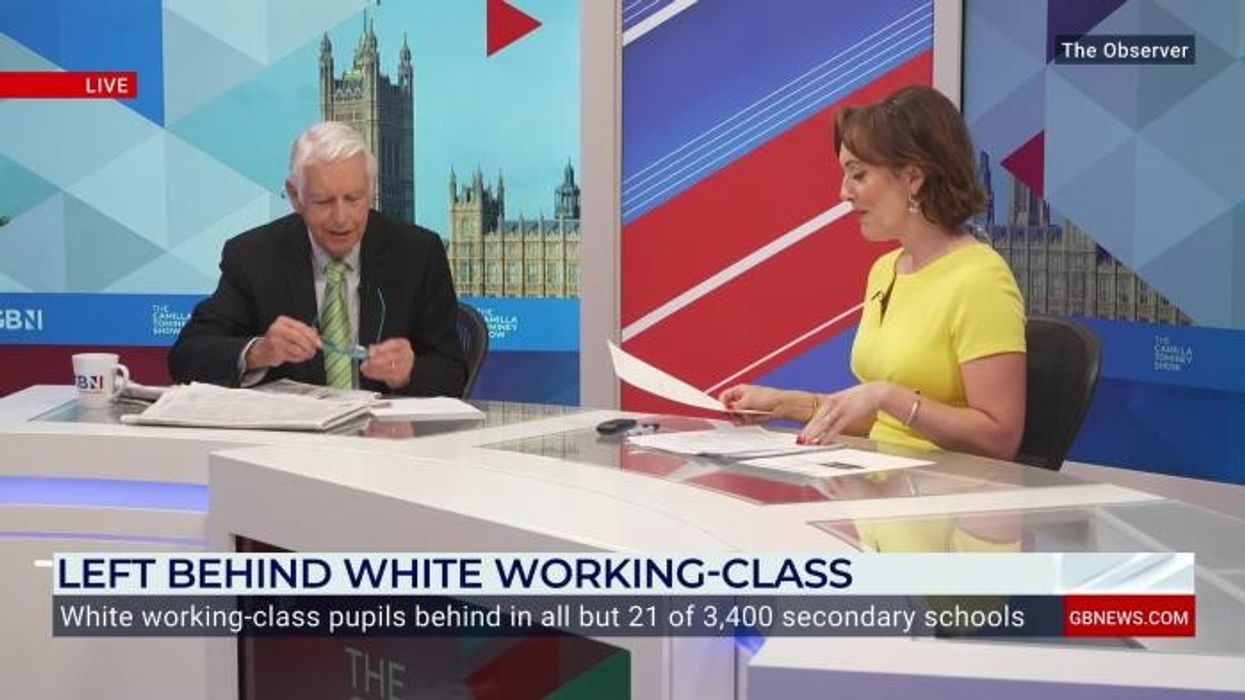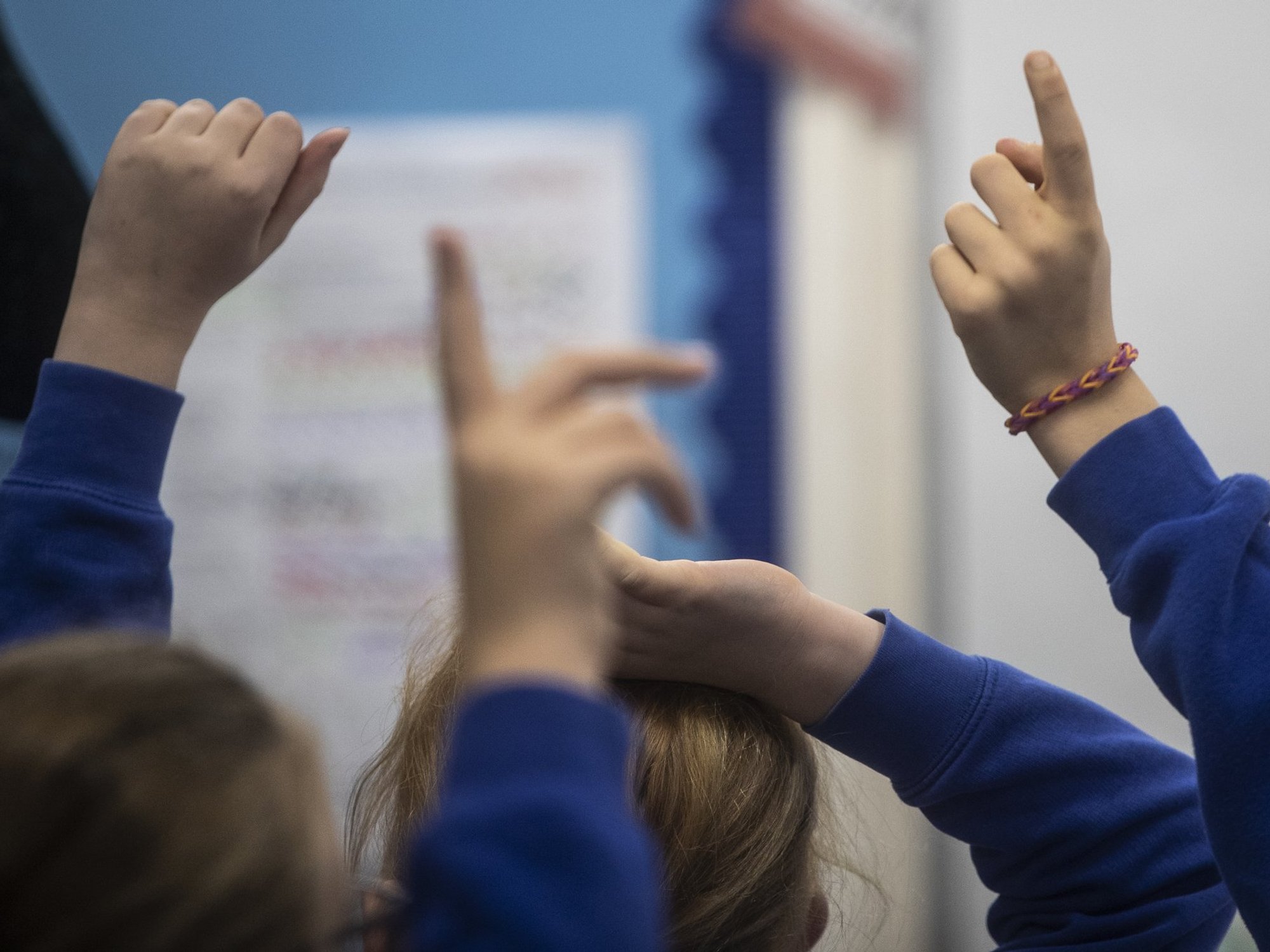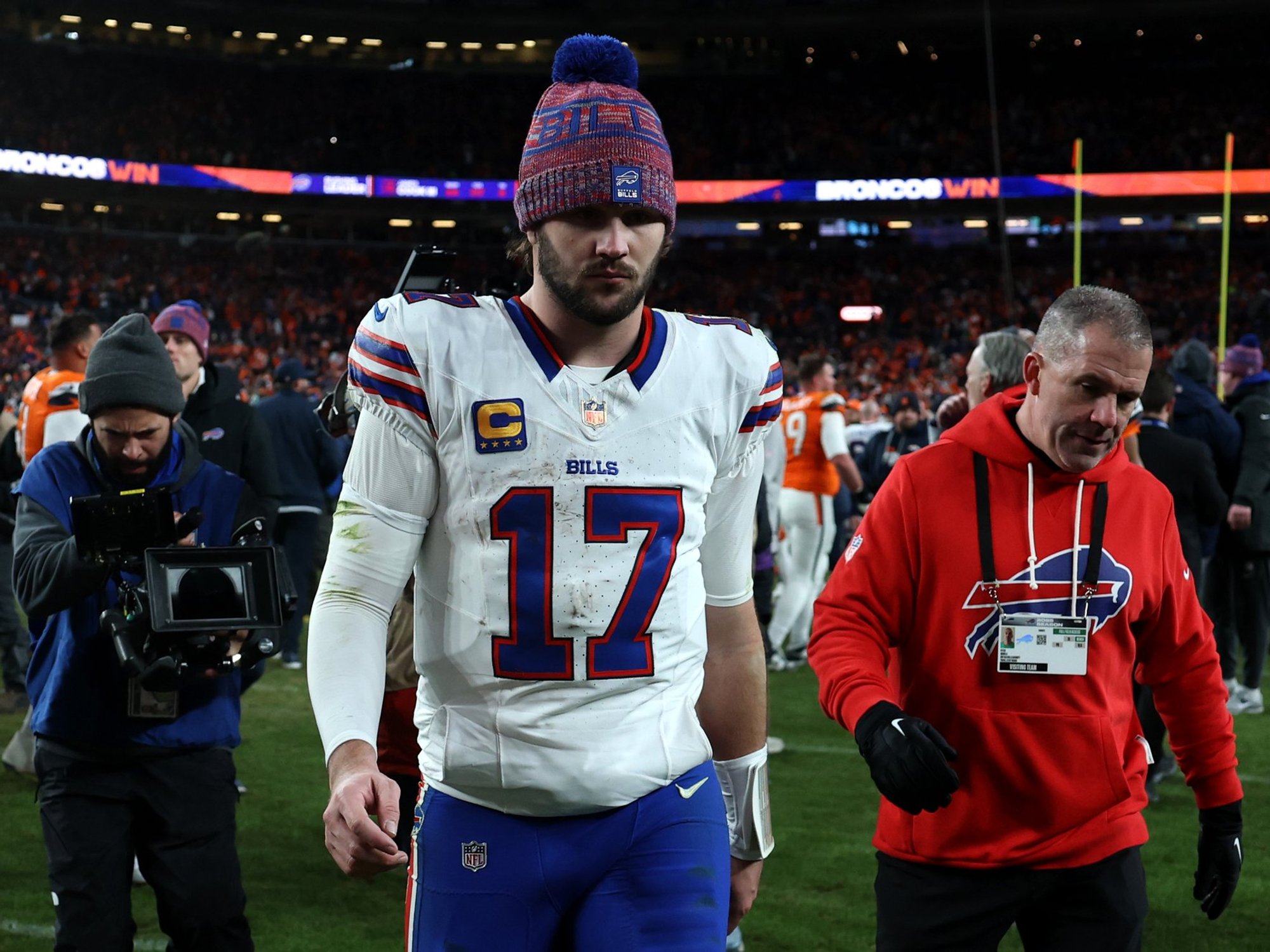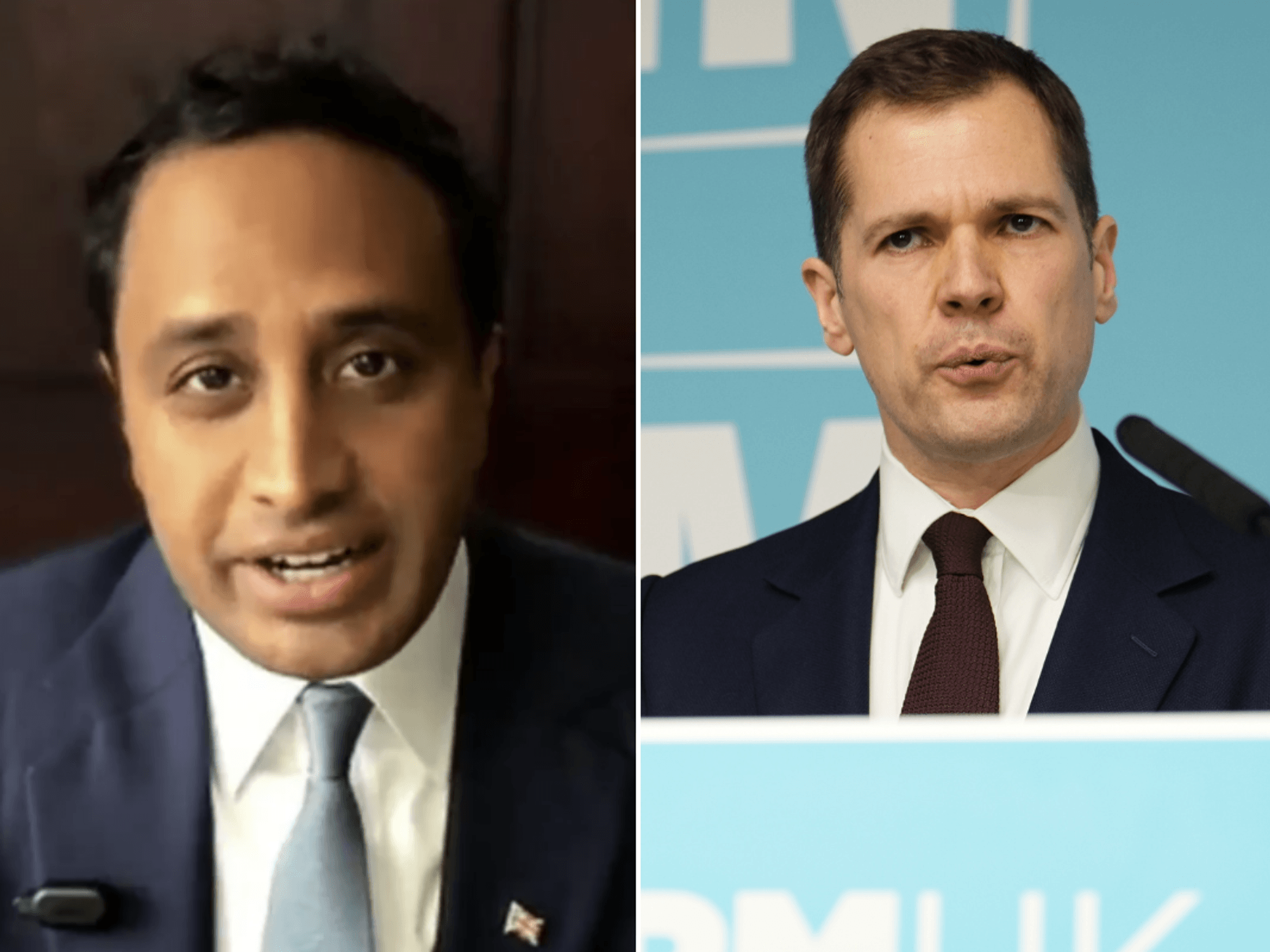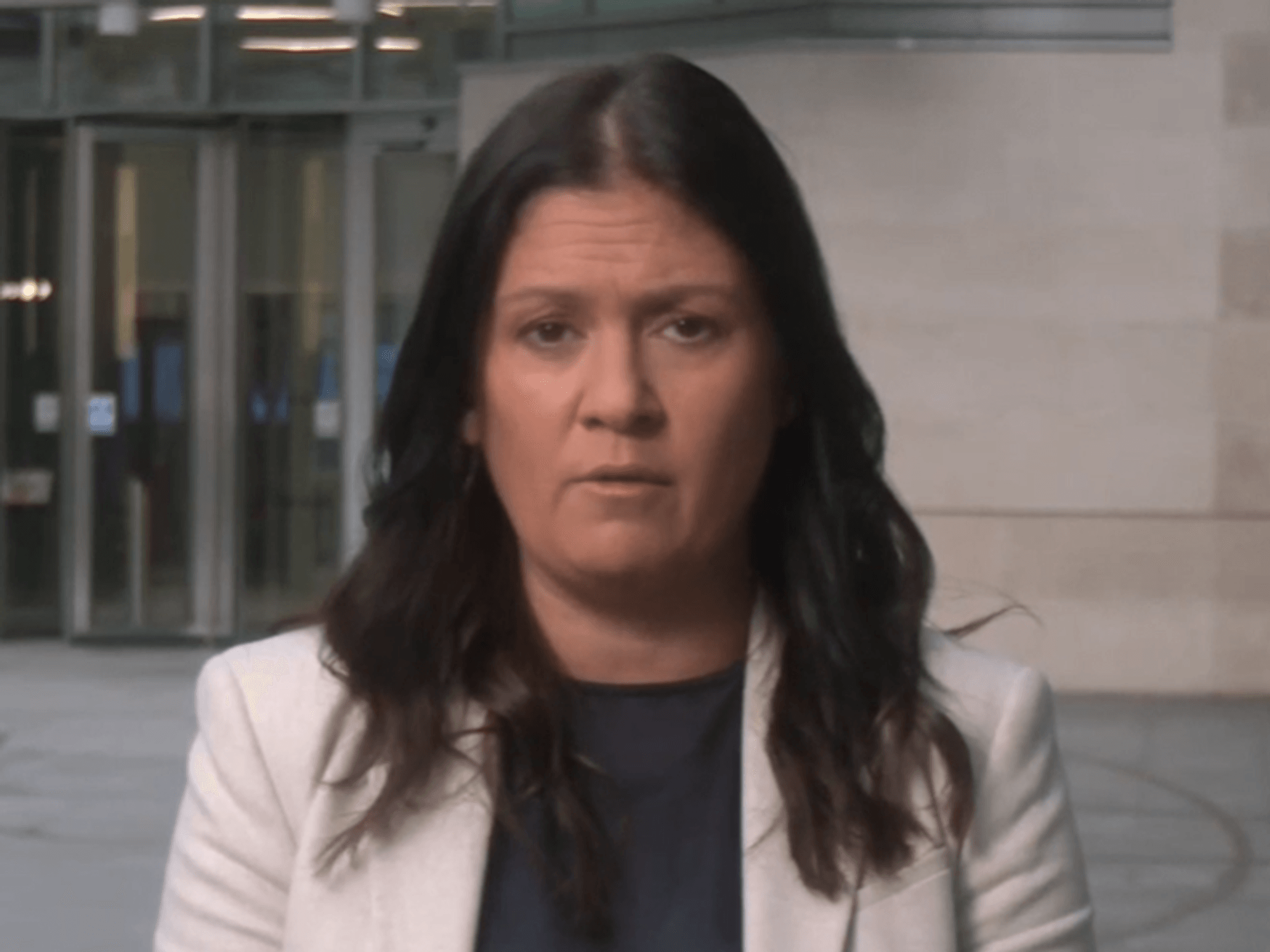Vikings were 'not all white and some were Muslim', pupils to be told in effort to ditch 'Eurocentric ideas'

The guidance is intended to make lessons more 'relatable' for pupils
Don't Miss
Most Read
Trending on GB News
Schoolchildren are to be taught that Vikings were "not all white" and some were Muslim, according to guidance from an educational charity urging tutors to abandon "Eurocentric" ideas.
The Brilliant Club has instructed tutors placed in schools to ditch traditional narratives in favour of a "decolonised" approach that moves subjects away from a Western focus.
A guide produced by the charity suggests abandoning the idea that Vikings were a "homogenous community of blonde Scandinavians".
Instead, tutors are told to consider teaching that Vikings were "a very diverse group of people" with "diverse religious beliefs".
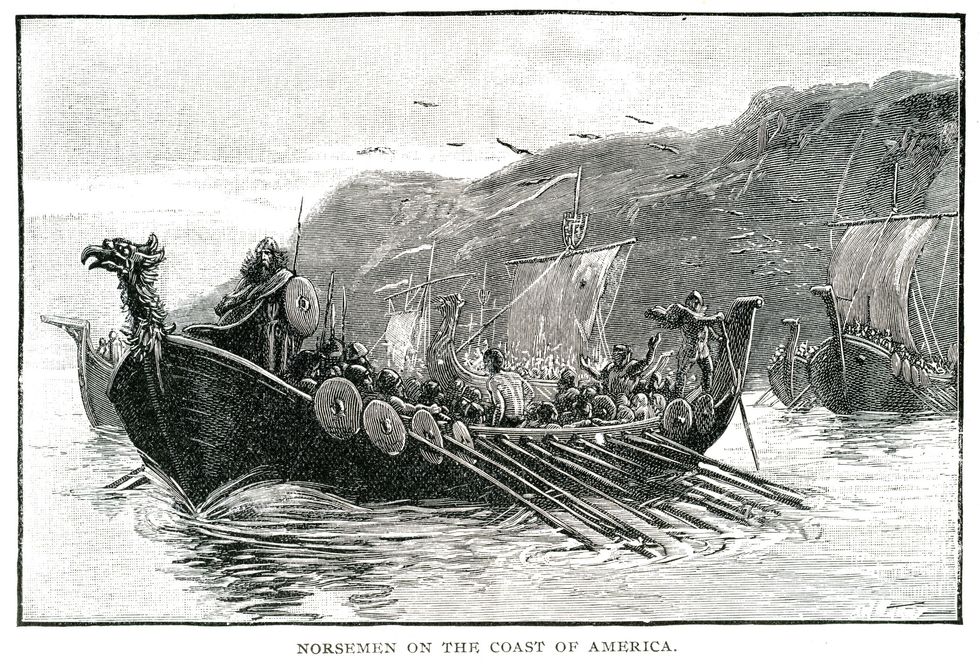
Schoolchildren are to be taught that Vikings were 'not all white' and some were Muslim, according to guidance from an educational charity urging tutors to abandon 'Eurocentric' ideas
|Getty
The guidance urges tutors to consider that "some Vikings became practising Muslims" due to Islamic goods being found in the graves of some Vikings, thought to have been attained by trade.
The charity states there is an "imperative to provide material to students that they can relate to and connect with".
The last large-scale study of Viking DNA, conducted by the University of Cambridge in 2020, suggested that diversity in Scandinavian genetics came from other parts of Europe and what is now Russia.
The guidance is intended to make lessons more "relatable" for pupils.
LATEST DEVELOPMENTS:

The Brilliant Club has instructed tutors placed in schools to ditch traditional narratives in favour of a 'decolonised' approach that moves subjects away from a Western focus
|Getty
The charity's approach contrasts a "decolonised" narrative with what it describes as a "Eurocentric and colonised" version of history.
Its guidance stresses that making courses more relatable is not simply about "adding token black figures into courses".
The Brilliant Club runs a scholarship programme that places PhD students in more than 800 schools to tutor underprivileged pupils and help them get to university.
The charity has created two "decolonising your course" toolkits to help tutors with the courses they deliver.
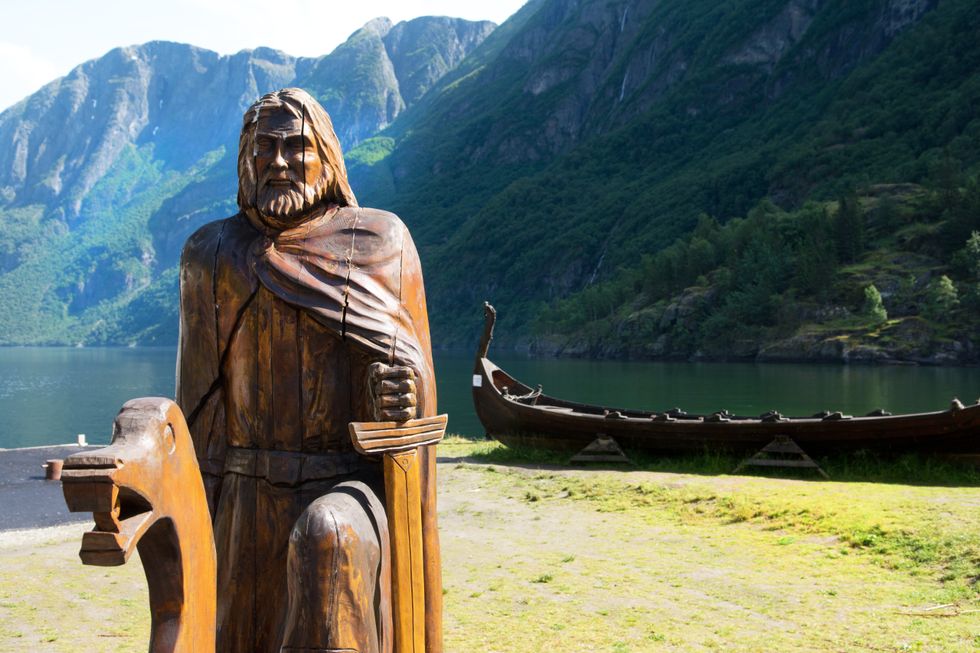
The last large-scale study of Viking DNA, conducted by the University of Cambridge in 2020, suggested that diversity in Scandinavian genetics came from other parts of Europe and what is now Russia
|Getty
The guidance forms part of broader "decolonising" work that seeks to move away from Western accounts of history and science.
This approach has extended to terminology controversies, with the guide noting the "controversial nature of the term 'Anglo-Saxon'".
It states: "This was not the term the people then used to refer to themselves" and adds that the term has "a long history of being used in a racially charged manner".
In 2024, the University of Nottingham removed "Anglo-Saxon" from its leading course over similar concerns.
More From GB News


